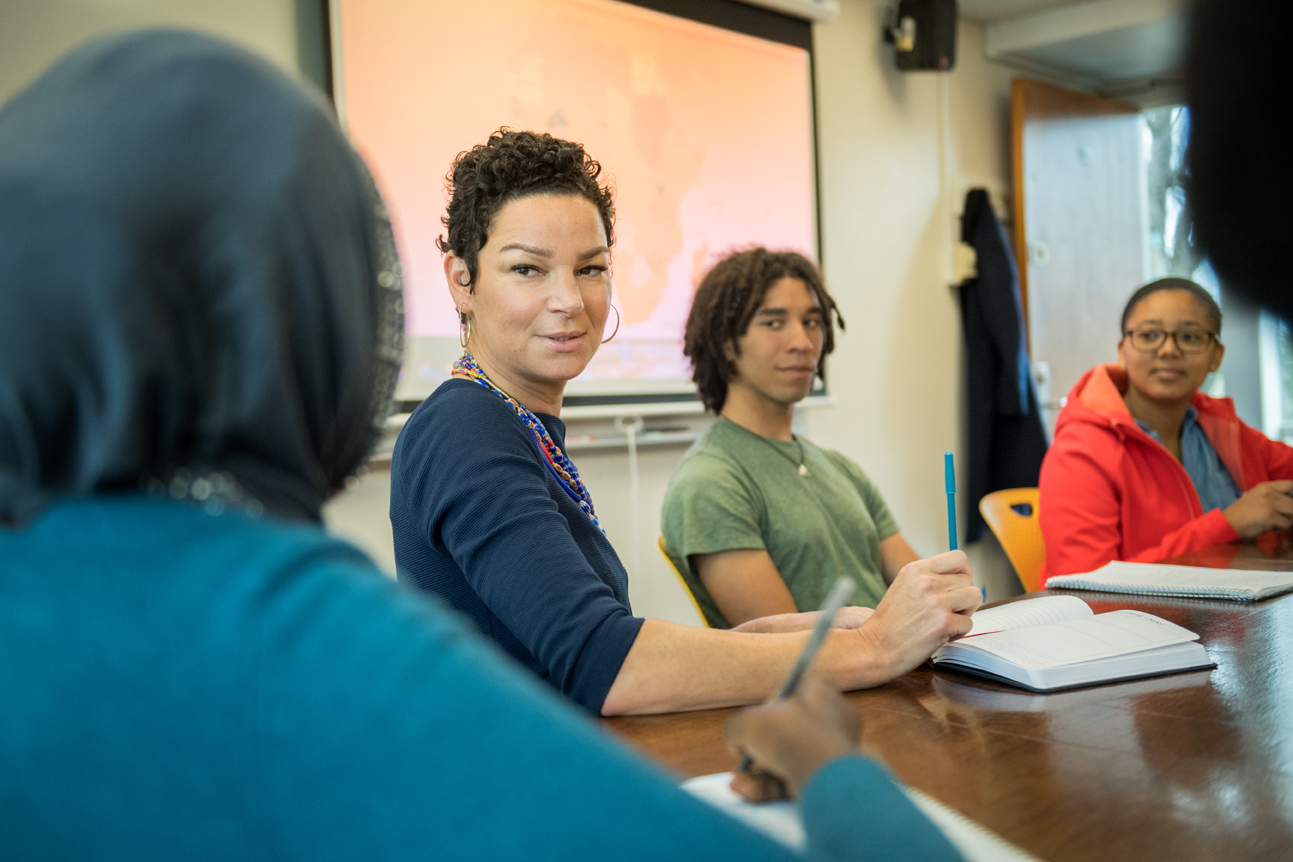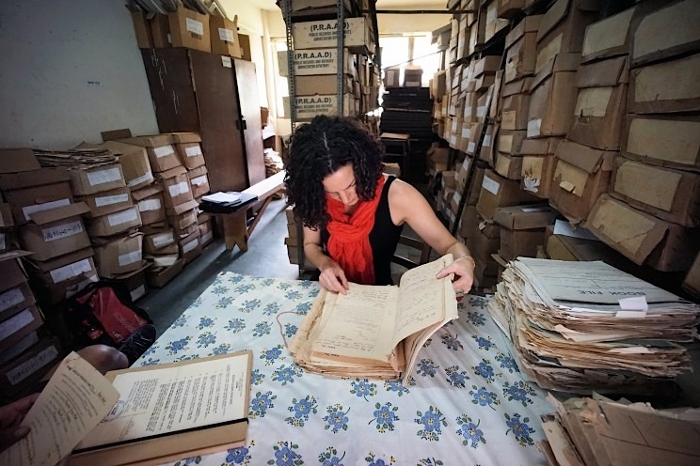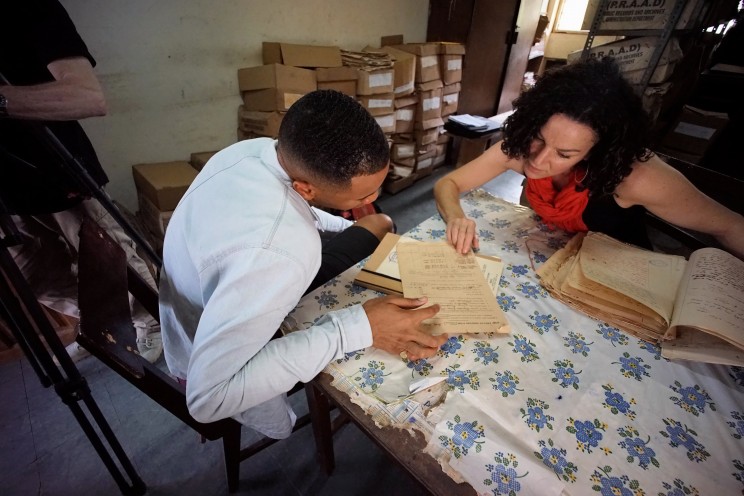Carina E. Ray, Crossing the Color Line: race, sex, and the contested politics of colonialism in Ghana [Aderinto Review]Posted in Africa, Articles, Book/Video Reviews, History, Media Archive, United Kingdom on 2019-05-03 19:18Z by Steven |
Africa
Volume 88, Issue 1 (February 2018)
pages 193-194
DOI: 10.1017/S0001972017000821
Saheed Aderinto, Associate Professor of History
Western Carolina University, Cullowhee, North Carolina
Carina E. Ray, Crossing the Color Line: race, sex, and the contested politics of colonialism in Ghana. Athens OH: Ohio University Press (hb US$80 – 978 0 8214 2179 6; pb US$32.95 – 978 0 8214 2180 2). 2015, 333 pp.
In this creatively and brilliantly conceived book, Carina Ray uses the story of interracial sexual relationships between European men and African women in the Gold Coast and African men and European women in Britain as an entry point into a much broader history of racial and gender relations. Throughout, one learns about the interconnectedness of sexual and racial politics to the big question of colonial ‘civilization’. The author’s carefully sourced and previously untapped primary sources from both Ghana and Britain, combined with her ingenuity, give beauty to historical writing. Her detailed archival materials and oral interviews allow her to move from specific colonial trials of interracial affairs to big narratives on the transatlantic movement of ideas, practices and families, and anti-colonial struggles within the British Empire. The photographs of multiracial families strategically placed throughout further put a human face on her narratives, and bring readers another step closer to the lived experience of historical agents and the societies that produced them. The eight closely connected chapters introduce change and continuity in the politics of race and sex in both the Gold Coast and Britain, the factors responsible for change, and how social and political transformation of colonial legitimacy reshaped perceptions of interracial relationships across race, class, gender and location.
Any Africanist familiar with trends in the scholarship on race, gender, sexuality and empire would not contest the significant contributions of Ray’s Crossing the Color Line to African studies. For one thing, this book is another successful attempt at putting sexuality in its rightful place in the general history of the colonial encounter in Africa. Instead of following the established discourse of ‘sex peril’ or anxiety over the alleged rape of European women by African men in settler colonies of East and Southern Africa, Ray’s book presents convincing arguments and narratives that humanize socio-sexual relations and removes them from the margins of criminality and violence…
Read the entire article here.





